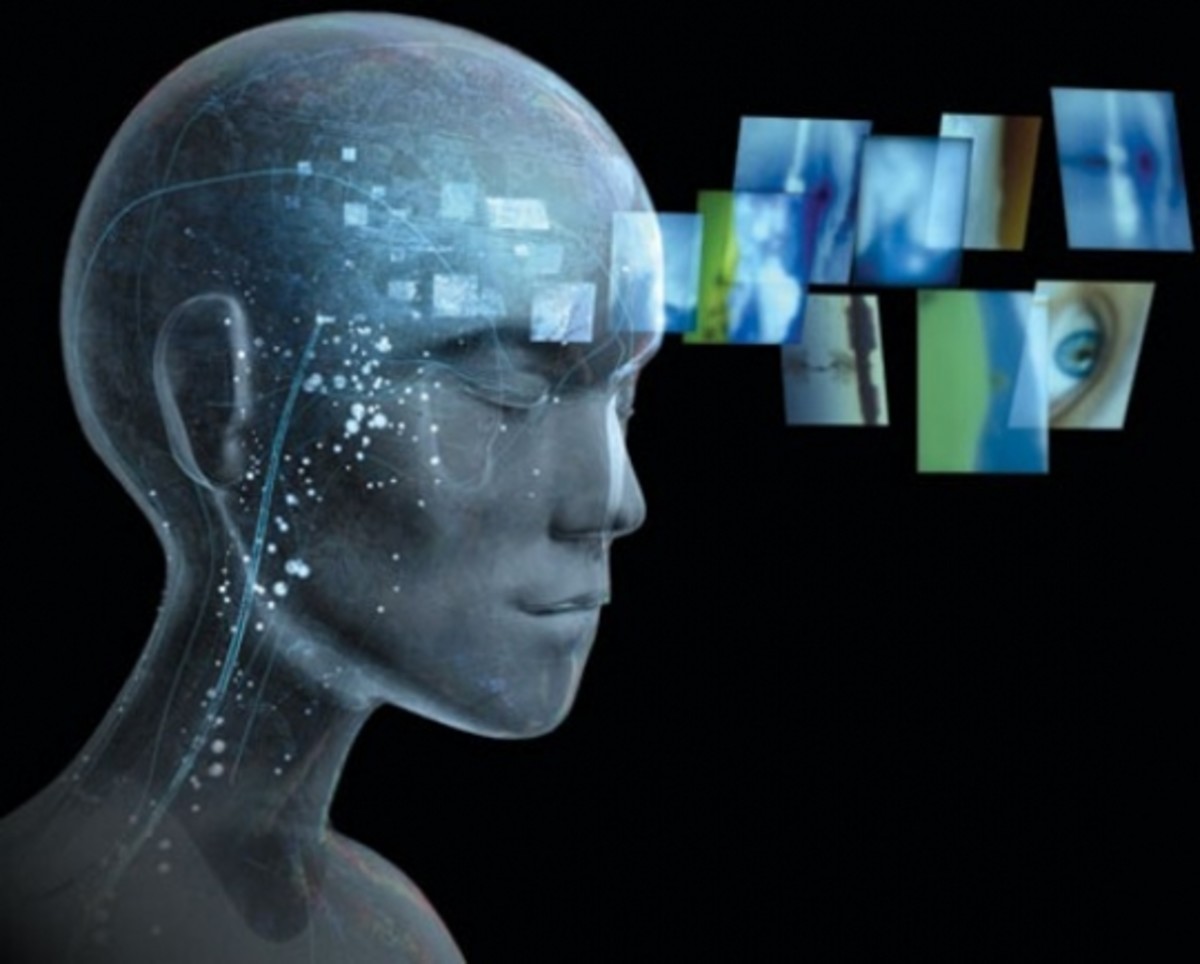Digital Literacy and Why it Matters
Digital Literacy Defined
In the seminal 80's classic movie Back to the Future II, Marty McFly is transported 30 years into the future to the year 2015. Does that year ring a bell? In the movie, one thing that is obvious is that everyone is a digital citizen by that time. Although we don’t have flying cars whooshing here and there, in reality, we are all digital citizens whether we like it or not. According to Karen Mossberger, Caroline J. Tolbert, and Ramona S. McNeal in the article "Digital Citizenship - The Internet, Society and Participation" 23 Nov. 2011, they begin to define digital citizenship as “a person utilizing information technology in order to engage in society, politics, and government participation.” This definition would encompass most of us. That’s a great thing. There is something to consider. Just because you have access doesn’t mean you know what you’re doing. In other words, the fact that you own books doesn’t mean you can read. This is the basis of the notion of Digital Literacy. Digital Literacy, according to Mike Ribble at DigitalCitizenship.net, http://www.digitalcitizenship.net/Nine_Elements.html ) is defined as process of teaching and learning about technology and the use of technology. Let’s examine this closely. “The process” is not limited to any formal educational setting. In fact, most of us become digital literate citizens through totally informal means. We figure it out on our own, ask a friend, or use one technology to learn another. How many times have you gotten a new gadget and researched its use on the Internet? Does digital literacy end there? Not by a long shot. Learning how to use technology is the first baby step in the long journey of the proper use of technology. Ethical use of technology is at the heart of digital literacy. When we consider the fact that information about everything and everyone is increasingly at all of our fingertips, digital literacy becomes paramount. Furthermore, the sheer capabilities of technology continue to increase exponentially. Whether we like it or not, the digital age is in full swing and we all need to be able to navigate it safely.
Digital Age Dilemmas

Ethical Use of Technology
The combination of ethics mixed with technology tends to get pretty sticky as a topic. Some of us so called Digital Citizens get pretty defensive when our own ethical behavior is called into question. We like to think that we’re of the highest moral fiber and if everyone did as we do, things would be fine. Of course, we’re all at fault to one degree or another. While most of us have never stole someone’s identity, which obviously is a clear violation of ethics and quite illegal, how many of us have at one time or another surfed the Internet for personal reasons while at work? When was the last time any of us downloaded a movie or music from the Internet from a nefarious website for free? In a 2010 study, Ethical Use of Technology in the Workplace, Dr. Mark Threeton finds that: “Internet surfing for personal reasons while at work is clearly a violation of public trust and is often times viewed as stealing time and money from an employer. This common workplace problem is costing employers billions in wasted salary dollars per year” (http://opensiuc.lib.siu.edu/cgi/viewcontent.cgi?article=1047&context=ojwed
) In fact, the problem of employees "surfing the Internet" continues to grow due to the advent and exponential growth of the popularity of social media. Needless to say, the problem is widespread as evidenced by lost productivity and revenue stemming from a seemingly harmless activity. The second area we’ll examine in the realm of ethics and technology, or cyberethics as it is called by some, is piracy.
Digital Piracy Abounds

Digital Piracy
The type of piracy referred to hear has nothing to do with sailing on the high seas, however, it does have everything to do with buried treasure. This type of treasure is not what you’d find in a pirate’s chest. It is perhaps more valuable. We are of course referring to intellectual property. According to the World Intellectual Property Organization, Intellectual Property, or IP as it is sometimes called, “refers to creations of the mind, such as inventions; literary and artistic works; designs; and symbols, names and images used in commerce. “(www.wipo.int/about-ip/en)
It is important to note that culprits of digital piracy aren't just teenagers who want to download the latest music, movie or game free of charge. Adults are just as guilty of digital piracy as their younger counterparts
In the age of the digital download, digital piracy has become a huge issue. It seems that some people do not draw a distinction between stealing a car or stealing a digital file. They are one and the same. Stealing is stealing. According to webroot.com:
$59 billion dollars’ worth of software was stolen worldwide in 2010 according to the Business Software Alliancei.
-
A survey by the International Federation of the Phonographic Industry claims illegal downloads account for 95% of all music downloaded worldwide in 2010
-
Global sales in the music industry have fallen 30% over the past five years in spite of a 940% growth in digital
Perhaps digital piracy is so rampant because it is so easy to do. Maybe it is because most people think that everyone else does it so why should I pay for it? Whatever the reason is, digital piracy is stealing. Stealing is wrong. In order to be good digital citizens, we must realize that along with the use of technology, there comes a responsibility to act in an ethical manner.
In Summary
While digital piracy can be somewhat quantified, plagiarism cannot. There isn’t a way to realistically estimate how bad the situation is. This is one are of digital citizenry that runs across all ages, backgrounds. As it is with digital piracy, plagiarism is stealing. Stealing is wrong. While we are all tempted at times to work our way around the rules when it comes to Digital Citizenship, we must remember some things to keep in mind. Ethical practices with regard to technology foster Digital Literacy. Ethical use of technology increases our ability to use the technology correctly as well as developing our skillset for good Digital Citizenship.










